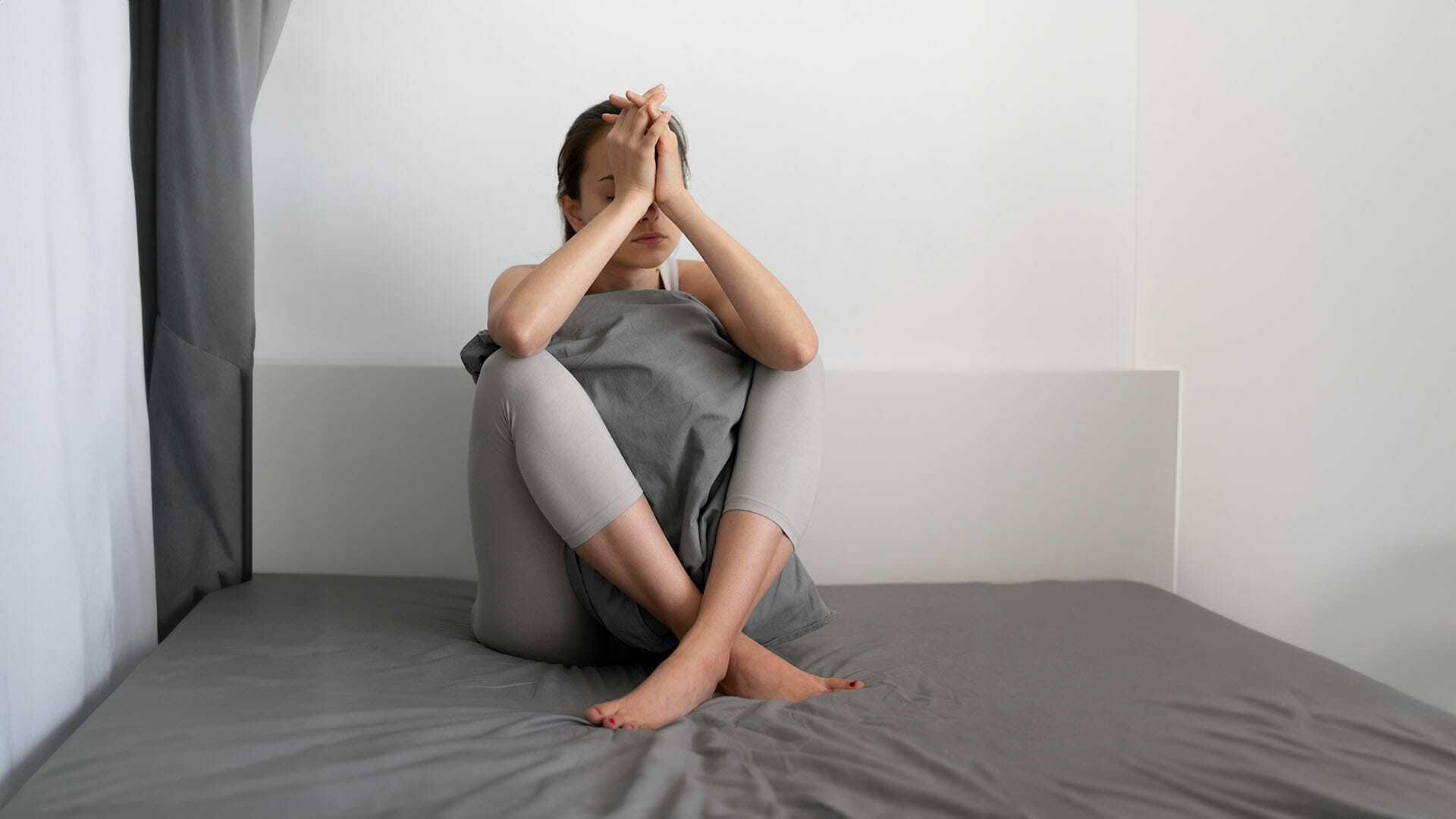Insomnia – Sleep Disorder
Insomnia is a sleep disorder characterized by difficulty falling asleep, staying asleep, or experiencing non-restorative sleep, despite having adequate opportunity to sleep. Insomnia can have a significant impact on an individual’s quality of life, leading to daytime fatigue, difficulty concentrating, irritability, and reduced physical and cognitive functioning.
Cognitive Behavioural Therapy for Insomnia (CBT-I) is considered the gold standard treatment for chronic insomnia. CBT-I is a structured therapeutic approach that targets both the cognitive and behavioural factors contributing to sleep difficulties.
CBT-I focuses on identifying and modifying the thoughts, behaviours, and environmental factors that contribute to insomnia. It aims to promote healthy sleep habits and address underlying causes of sleep disturbances. Some key components of CBT-I include:
Sleep hygiene education: This involves educating individuals about healthy sleep habits, such as maintaining a consistent sleep schedule, creating a conducive sleep environment, and avoiding stimulants like caffeine and electronic devices before bedtime.
Stimulus control therapy: This technique involves establishing a strong association between the bed and sleep. It typically involves guidelines like using the bed only for sleep and sex, avoiding activities like watching TV or working in bed, and getting out of bed if unable to fall asleep within a certain time frame.
Sleep restriction therapy: This technique involves temporarily reducing the time spent in bed to match the actual amount of sleep an individual is getting. Gradually, sleep time is increased as sleep efficiency improves.
Cognitive restructuring: This component focuses on identifying and challenging negative thoughts or worries about sleep. By replacing them with more realistic and calming thoughts, individuals can reduce anxiety around sleep, leading to improved sleep quality.
It’s important to note that CBT-I is tailored to individual circumstances and needs. It should be conducted under the guidance of a qualified mental health professional who can customize the treatment based on specific sleep patterns, lifestyle factors, and any underlying psychological or medical conditions.
If you are experiencing insomnia and it is significantly impacting your daily functioning, seeking help from a healthcare professional trained in CBT-I can be beneficial in improving your sleep quality and overall well-being.




















